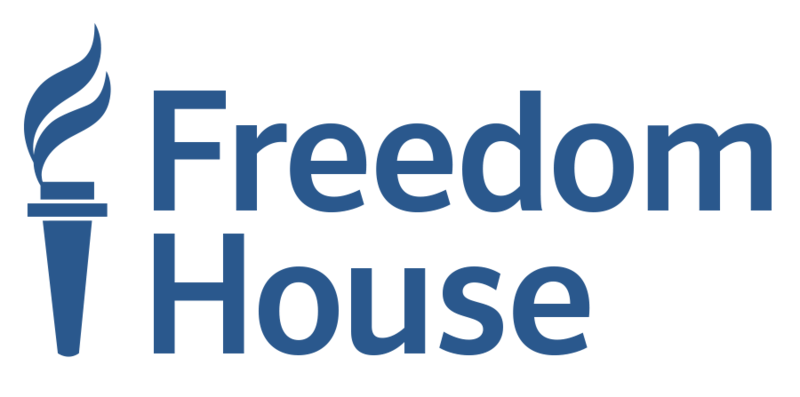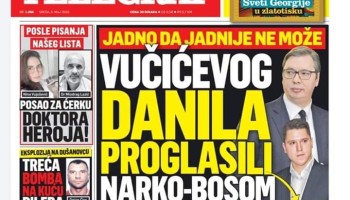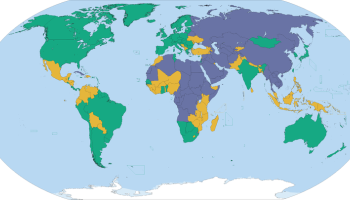The annual report, which assess the political rights and civil liberties of 195 countries, notes the prevalence of corruption and declining media freedoms in the Balkans.
“Many countries that democratized after the end of the Cold War have regressed in the face of rampant corruption, anti-liberal populist movements, and breakdowns in the rule of law,” the report states.
It particularly singles out Serbian President Aleksandar Vucic and President Milo Dukanovic of Montenegro for their alleged efforts to consolidate state power in their own hands. In doing so, they were “subverting basic standards of good governance and exceeding their assigned constitutional roles,” the report says.
Freedom House ranks each country on a scale of 0 to 100, with 0 being Least Free and 100 being Most Free, while also labeling them as free, partly free, or not free.
Serbia’s 2019 ranking of 63 designates it as partly free, a sharp drop from last year, when it ranked as “free” with a score of 73. Freedom House attributes the decline to the election period, declining media freedom, and President Vucic’s accumulation of executive power.
Similarly, Montenegro received a partly free score of 65, marking a decline from its 2018 rank of 67, with the report citing rampant corruption and lack of media freedom as key issues. The report notes that President Dukanovic has held either the presidency or the post of prime minister for most of the last 20 years.
Nevertheless, Serbia and Montenegro faired better than several other Western Balkan states.
Bosnia and Herzegovina declined from 55 to 53, while North Macedonia rose from 58 to 59. Kosovo also saw an improvement in its score, upgrading from 52 to 54.
Albania ranked higher than many of its peers, with its score of 68 remaining the same from last year.
The Western Balkans, however, are not alone in their downgraded ratings. The report notes the presence of democratic backsliding even in established democracies.
Between 1988 and 2005, it explains, the percentage of countries deemed Not Free declined by 14 points, while the share of Free countries grew.
Now the trend is reversing.
“Between 2005 and 2018, the share of Not Free countries rose to 26 percent, while the share of Free countries declined to 44 percent,” the report warns.






